A Travel Guide for Life, Faith, and Relationships!
There’s an epidemic in our culture.
It’s terrifying. It’s widespread. And it’s deadly. You won’t find this disease listed in any scientific journals or on the “health and activities” part of your weather app. But trust me, it’s everywhere, and it is killing people.
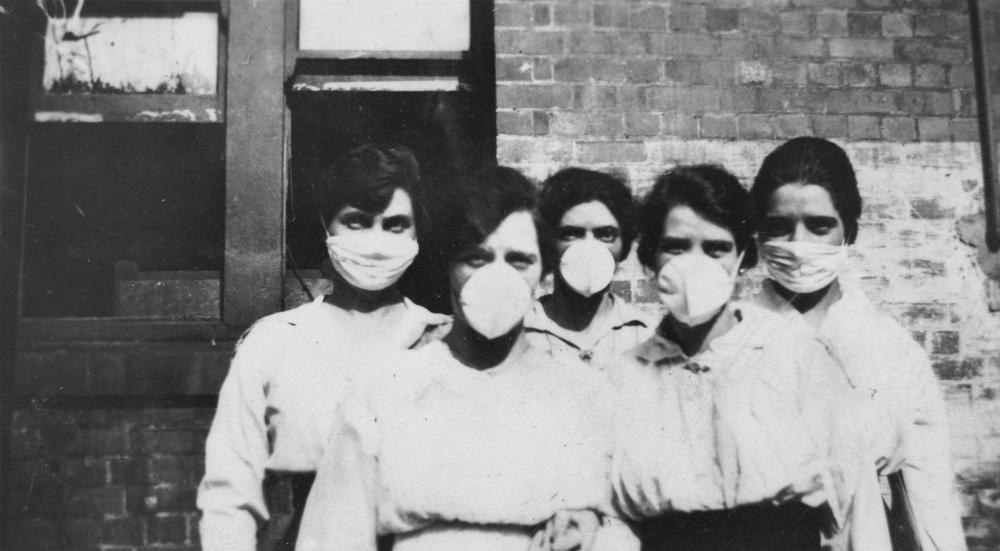
Commonly referred to by psychologist as hurry-sickness or “excessive-time-urgency” this plague has probably taken more lives than we realize. Peter Michaelson calls it “the exhausting race against time.”
I’m on sabbatical right now. About every five years or so, my board gives me an extended time away from my regular duties and responsibilities at Eastpoint. A sabbatical is not a vacation. It’s a time to renew, refuel, refresh, and reflect. For me, that means I write a lot because I find writing therapeutic.
My first two weeks were spent at a friend’s home in Southern California. They graciously allowed me to use their beautiful home near the beach in Laguna Niguel while they were away. I love the beach. Besides writing, there’s something about being by the ocean that soothes my soul.
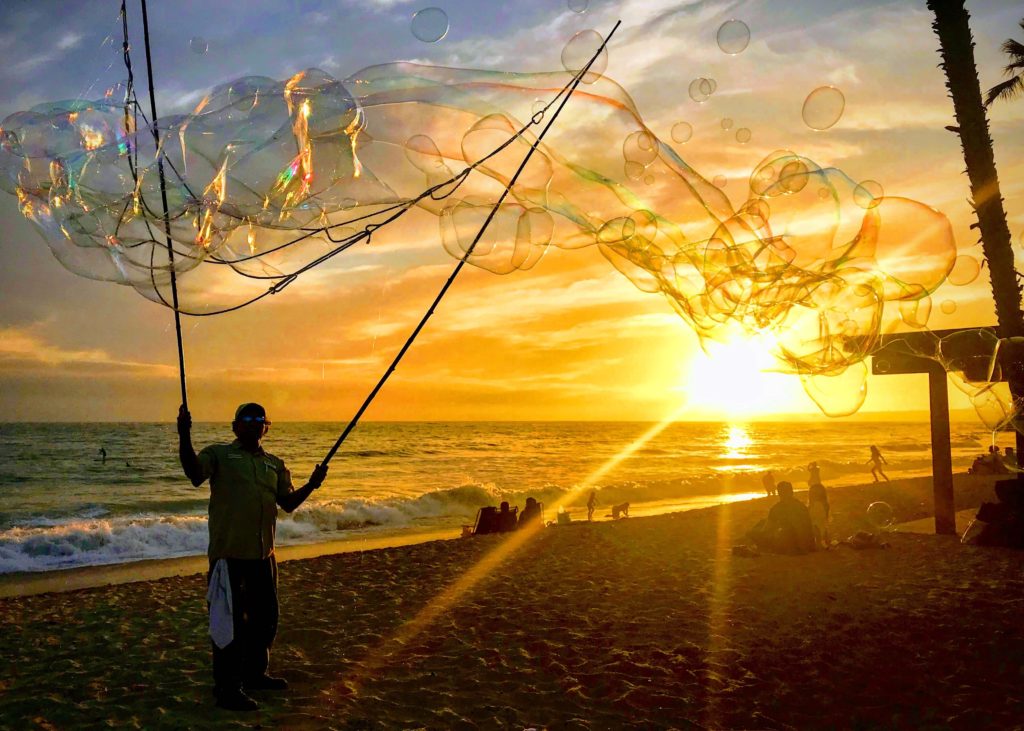
A couple of times, however, I had to drive on the I-5 and I-405 freeways. Driving Southern California freeways is either exhilarating (if you like speed and adrenaline), or terrifying. I was doing 80mph (in a 65), and everybody was passing me. Californians do 55 on residential streets (also known as residential raceways)!
Granted, I’m old, and I live in Spokane—where people get pulled over for doing 56 in a 55—but it was crazy. People were in a hurry. Everywhere. All the time. An hour on these speedways made me a nervous wreck. And it also got me thinking: what are some signs of hurry-sickness?
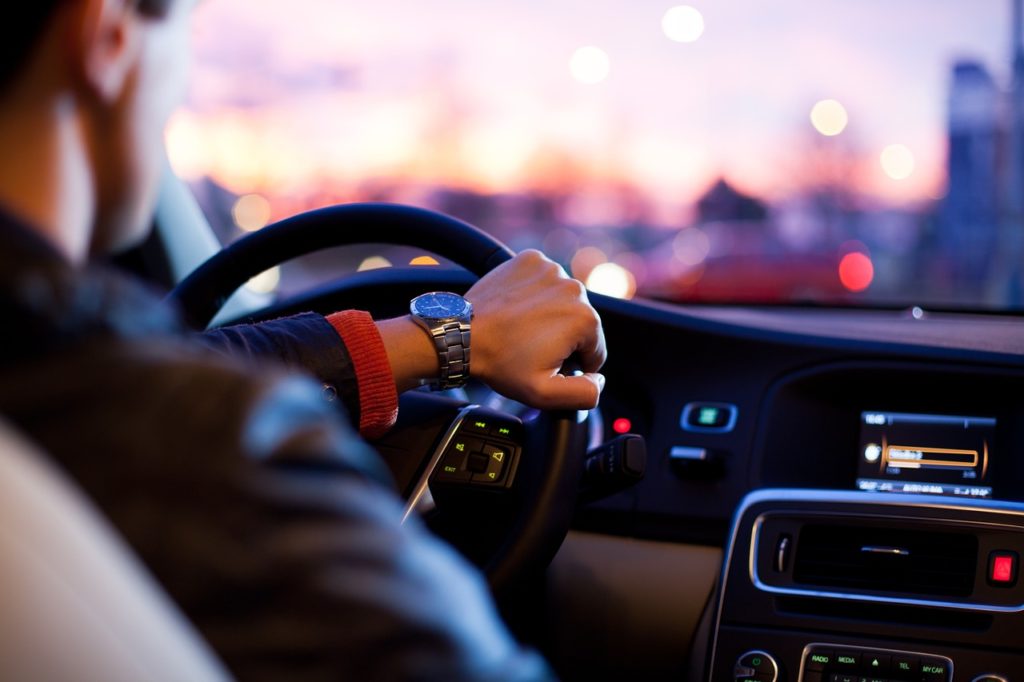
10 Signs of Hurry-Sickness
- You are in a constant state of stress and worry. (You pop Rolaids like they’re breath mints.)
- You feel that everything in life is pressing and urgent.
- You never casually stroll anywhere. (You could compete as a speed-walker.)
- You drive like a bat out of hell. (Though I’ve never quite understood this cliché—why would a bat be in hell and how would it get out? Nonetheless, you get what it means.)
- You eat a meal like you haven’t eaten for weeks (fast and furious).
- You hear from the people closest to you, “You always seem to be somewhere else in your mind rather than fully present with me.”
- You are always multi-tasking.
- You feel guilty about taking breaks and doing nothing.
- You consistently sleep less than seven hours a night (and feel guilty or like you’re wasting time when you sleep more).
- You’d rather have a root canal than wait at a red light or in a line at the store.
So, if more than four or five of these signs are true of you on a regular basis, you have the disease my friend, and it’s serious.
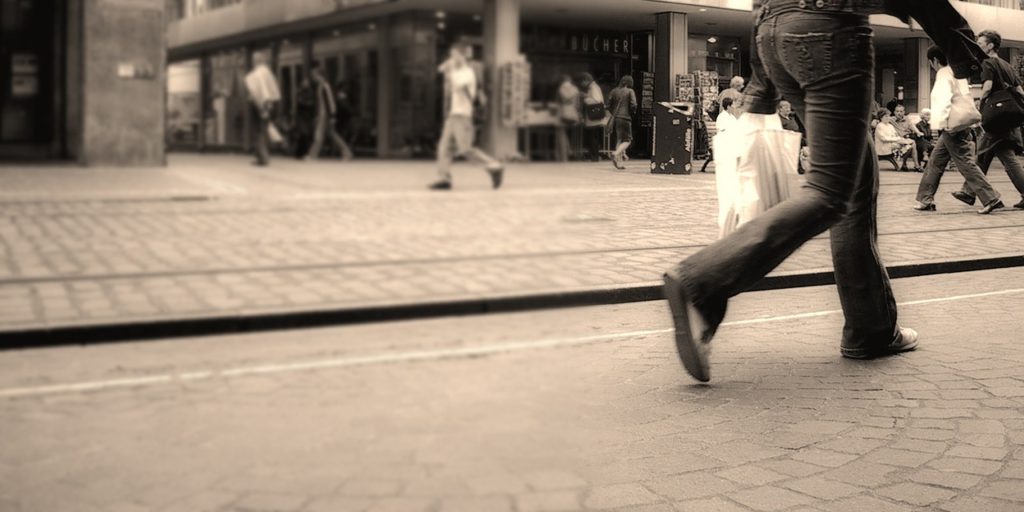
It’s impossible in a blog to address all the possible antidotes to hurry-sickness, but here are a couple of things that will definitely help.
First, schedule margin into every day.
And yes, schedule it. Margin in our lives is the “white space” that gives us some room to think, ponder, dream, and breathe. Plan at least thirty minutes a day where you are intentionally doing something that refreshes and refuels you spiritually, emotionally, and physically. (And for the record, that doesn’t include watching TV.)
I call it a quiet time, and it’s my time to read, reflect, and pray. It might mean reading a good book or your Bible. It might mean just sitting by yourself with your favorite drink and looking out the window as you meditate on a Scripture. This downtime could include a casual stroll along the river or through your neighborhood. Make it a short time before, during, or after your day when you produce nothing. Margin is not about accomplishment; it’s about acknowledgement—you’re a finite human.

Second, schedule one day a week when you take a Sabbath rest.
I would encourage you to make it a day free from your cell phone. (Gasp!) Make it an entire day in which you go unplugged. No email. No texts. No Facebook or social media.
The best definition of “Sabbath” I’ve ever heard is that it’s an entire day in which you “produce nothing.” It’s a day of rest. Go to church and worship God. Take a nap (but not in church!). Play some games with your spouse and family. It’s okay to work hard six days a week, but God designed the Sabbath to help you maintain your health and sanity. Michael Hyatt says, “We were made to surge, then rest. We can’t just go, go, go, and expect to function optimally.” I agree.
I could go on, but I think you see my point. Hurry-sickness is destroying people, marriages, and families. It truly is an epidemic, but one you can do something about.

My congratulations if you’ve read this far in today’s blog. Sadly, I wonder how many didn’t want to take the four minutes it would take to read the 800 words included here because they’re too busy.
Life is not a race, so be fully present in each moment, be still, and rest. It’s okay. Really.
Be still and now that I am God.
Be still and know that I am.
Be still and know.
Be still.
Be.
Psalm 46:10

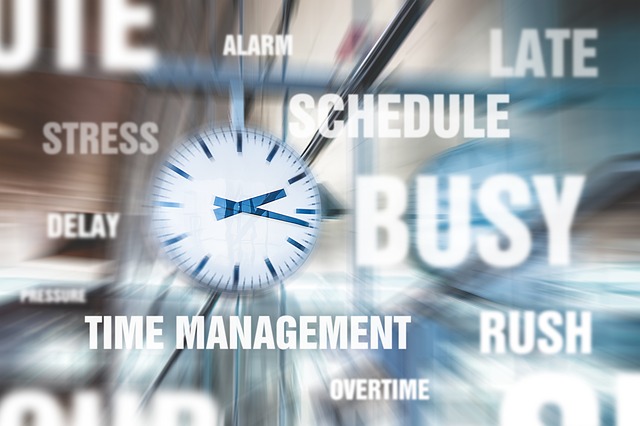



That is so true. I had to chuckle on the last sign as I hate waiting in lines or at a red light that takes to long. Thanks for the great blog.
Thank you, Pati!
Really good. I just gave this advice to someone two weeks ago. They agreed it’s sage advice but they still haven’t done it. Sigh….
I wrote it, and sometimes I don’t do it either! Slowing down is something it can take time to learn…